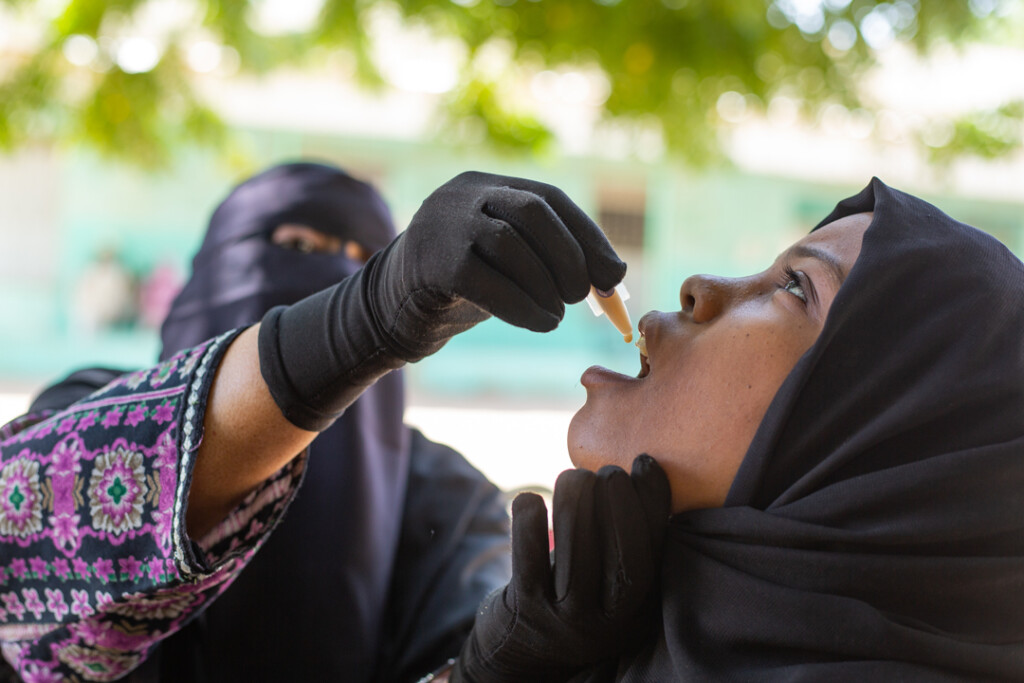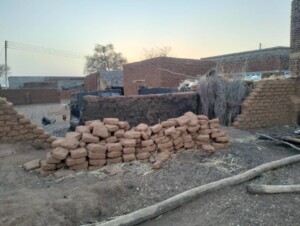Khartoum state reports ‘24 cholera deaths in one day’

A girl receives a dose of cholera vaccine during a vaccination campaign in El Gezira state in November 2023 (File photo: Ahmed Mohamdeen Elfatih / UNICEF)
The Ministry of Health in Sudan’s Khartoum state says it has launched a vaccination campaign as hundreds of cases of cholera are being reported daily in Khartoum and Omdurman, with 24 deaths reported on Friday alone. This has been exacerbated by an 11-day power outage after three power generation points were destroyed by drone attacks, which also compromised the drinking water supply, compelling residents to draw water directly from the Nile.
In a statement yesterday, the director of the Ministry of Health in Khartoum state, Dr. Fathelrahman El Amin, says that more than 80 cases of cholera were recorded daily in Omdurman. He pointed to the opening of 15 new isolation centres in Khartoum and Omdurman. He said 633 cases of cholera were recorded and 24 deaths were recorded on Friday, and that “cases continue to be recorded”.
Médecins Sans Frontières (MSF) say that 2,500 cases of cholera were recorded in Khartoum and Omdurman in three weeks, including 500 cases in one day.
Federal Health Minister Dr. Haitham Mohamed Ibrahim said the recent increase in cholera rates has reached between 600 and 700 cases per week over the past four weeks. He says that at least eight cholera treatment centres have been established, in addition to contributing supplies and work in the control represented in chlorination of water and environmental sanitation.
Dr Ibrahim announced the start of a cholera vaccination campaign in the coming days, expecting a decrease in the rate of infections in the coming weeks.
For its part, the Ministry of Health in Khartoum said that the vaccination campaign has already begun in Jebel Auliya, providing 115,000 doses, and will start in four more localities in the coming days.
Power return
Reports say electricity has begun to gradually return to Omdurman after an 11-day outage following the bombing of three power stations. Callers revealed a complete lack of drinking water, which led people to resort to fetching water directly from the Nile.
They complain that prices for barrels of water have risen exponentially as demand outstrips supply.











 and then
and then